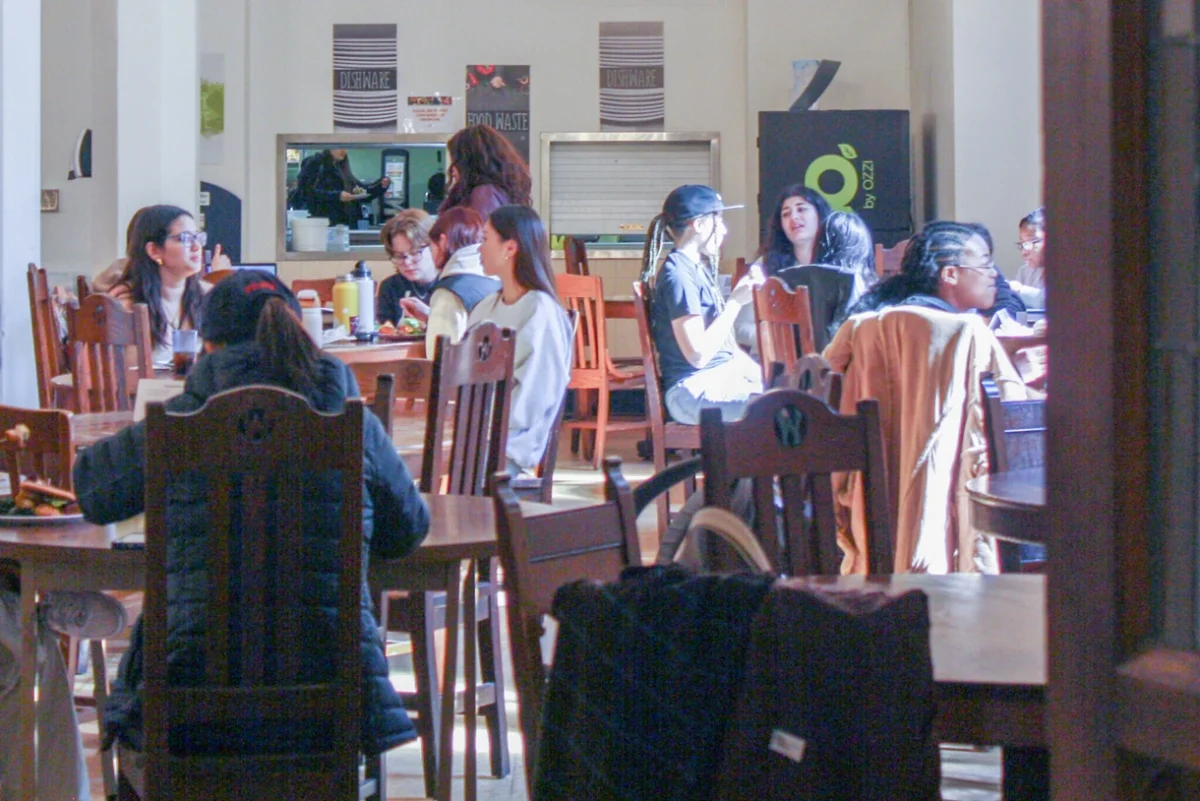By MARIANA ZEPEDA ’14 and KRISTEN GREEN ’14
Online Editor and Features Editor
In generations past, college students turned to Kierkegaard or Hegel to guide their path to self-discovery. They read works of literature to begin to make sense of some aspect of the human condition. More recently—and by that we mean in the 2000s—students turn to television and, after hours of analysis and reflection, may finally be able to self-categorize as a Samantha or a Carrie.
Today, you don’t even need psychoanalysis to find your true self. Lose the Freud! If you’ve ever wondered who you are, who you’re meant to be or what type of sandwich you are, Buzzfeed quizzes hold all the answers.
Summer Anne Burton, the managing editorial director for Buzzfeed, has been a driving force behind the popular online quizzes, whose subjects range from the 12 apostles to boss a** rap chicks. Burton explained the quiz results generation process. Buzzfeed editors create the possible results first, and then come up with a list of questions, whose answer options each match a single result. She says that guessing someone’s desires or attributes are what works best in quizzes. The team is currently brainstorming ways for community members to create quizzes as well.
The quizzes have, in the past few months, become immensely popular, clogging up Facebook newsfeeds and email inboxes. Many have argued that the quizzes are demonstrative of the narcissistic tendencies of our generation, another way for us millennials to obsess over our intrinsic singularity. But we’re not sure that’s true. Their allure is unsurprising; as human beings, we like to categorize. There’s something reassuring about being able to align yourself with a favorite celebrity or literary character after spending five minutes clicking boxes on a screen.
However, the quiz results can also be strangely anxiety-inducing. What if you don’t get the same result as your friend? Does it mean you’re more compatible because of the difference, or are you just too different to be friends? But thankfully, the quizzes aren’t exactly hard to manipulate (Fanny Price? No, thank you. Elizabeth Bennet. That’s better). Does this corrupt the value of the Buzzfeed quiz? Not at all. It’s nice to be able to get what you want. It’s reassuring to feel that you can become who you want to be, if only by changing your color preference from purple to grey.
Though the constant barrage of Buzzfeed quiz results can get annoying, there’s no real danger to this obsessive self-categorization. Unless, of course, you really let them run your life. Here’s hoping no one changes their college major due to a mismatch between Buzzfeed and real life!




